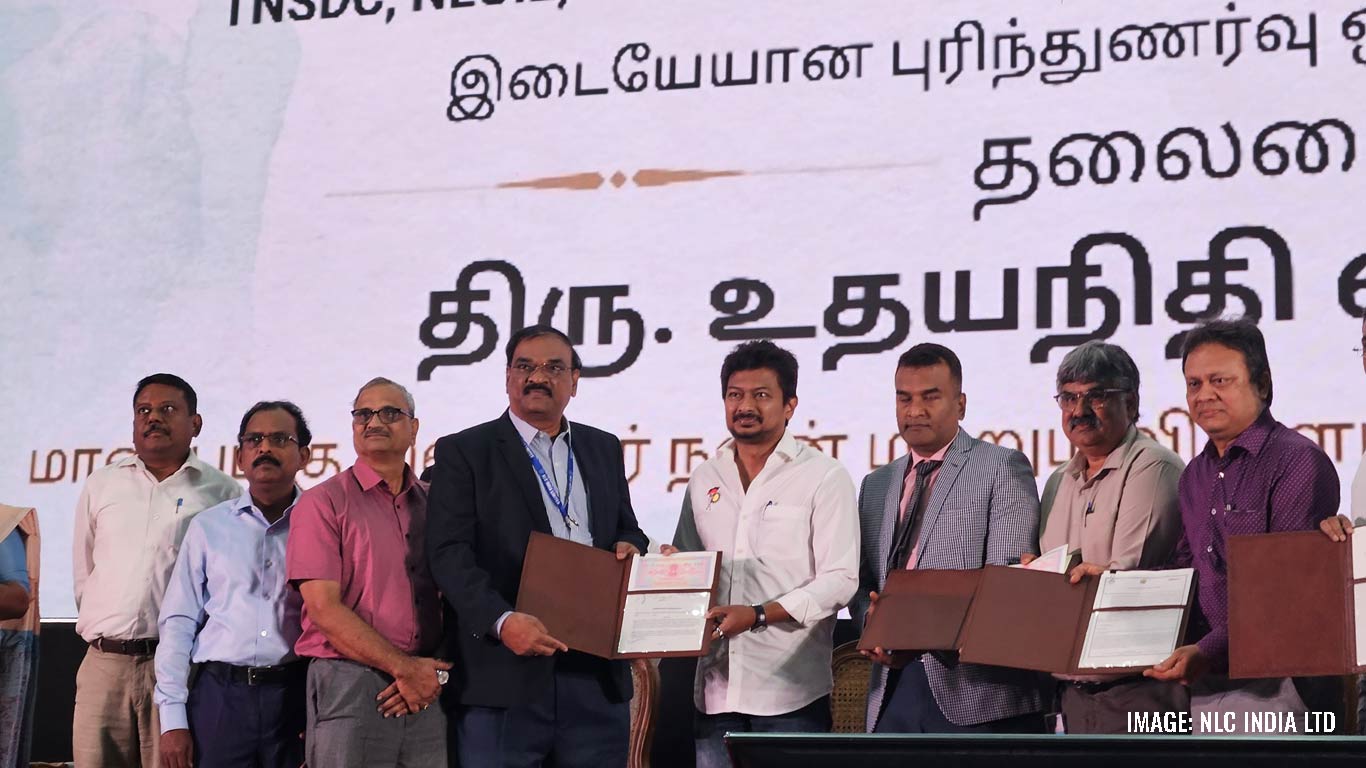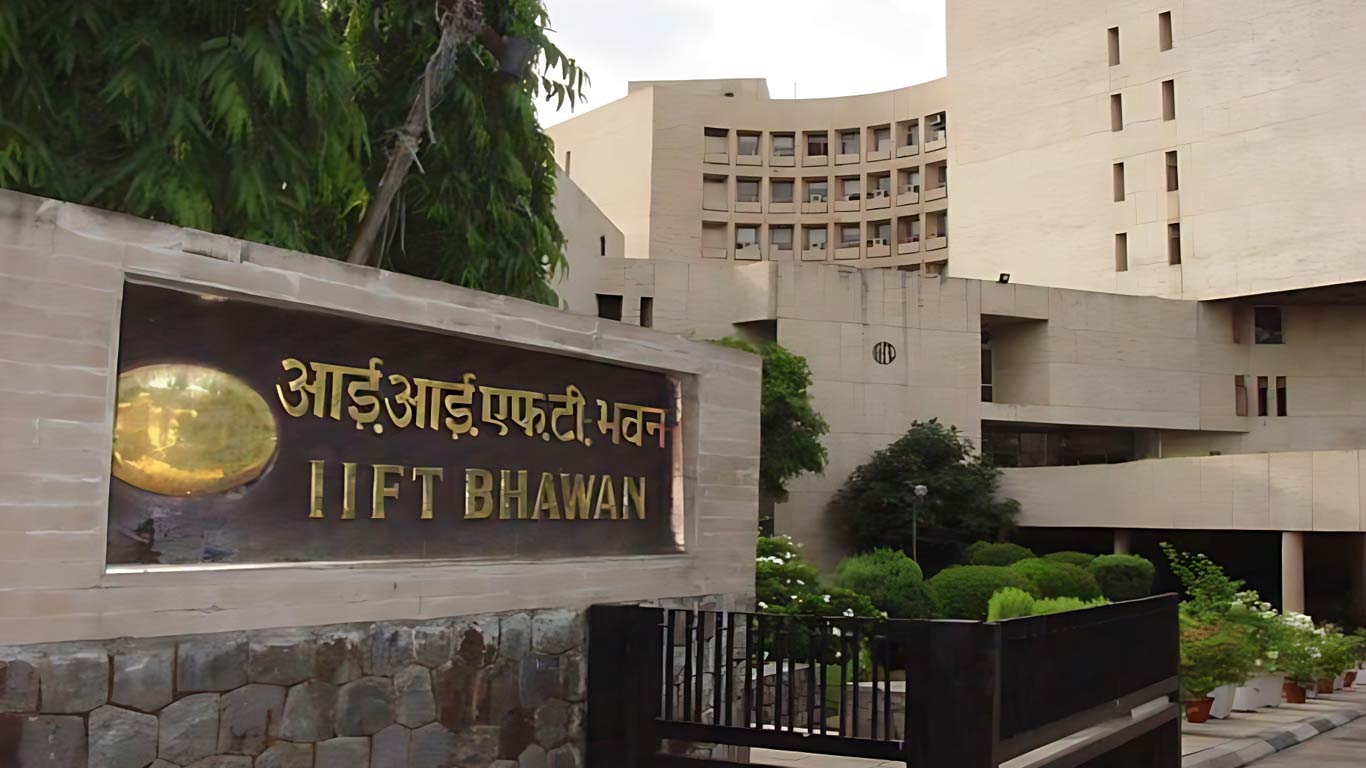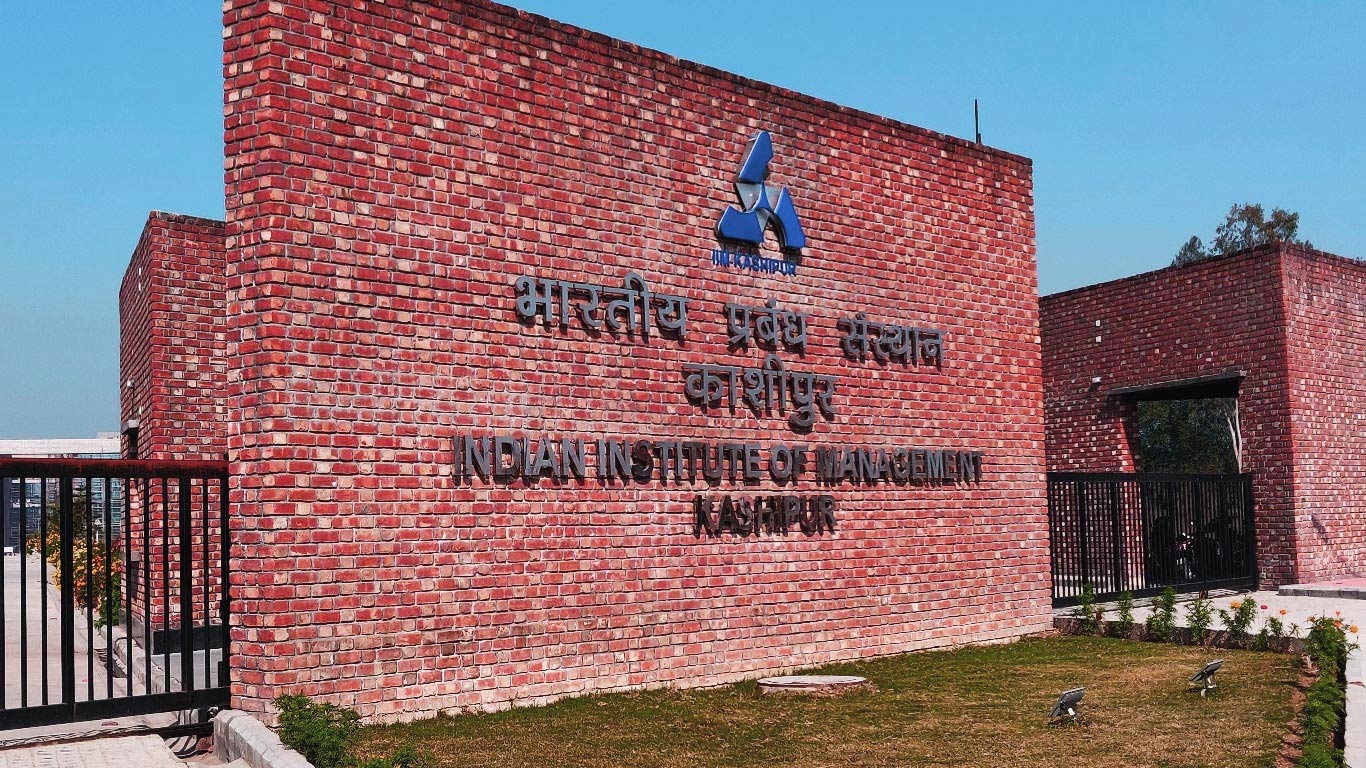Necessary to improve Capital Markets Environment for implementation of Basel-III norms: Shyamala Gopinath
Updated: Sep 01, 2015 03:49:19pm

She said that a higher ratio under Basel II and III are not strictly comparable. In addition to the minimum capital ratio of 8 per cent, Basel II stipulates capital buffers to be maintained by banks towards capital conservation (2.5 per cent), counter cyclicality (upto 2.5 per cent) and systematic importance (global upto 2.5 per cent domestic upto 1 per cent).
She was speaking at ASSOCHAM and National Institute of Bank Management (NIBM) conference on BASEL III Implementation: Challenges for Indian banking system on Monday. The conference addressed key elements of the Basel III framework for banks in the Indian context and saw participation from key thought leaders on the subject.
“Another challenge facing the banks is that since pre-Basel III instruments do not have loss absorbency features, the bank are required to ensure that the derecognised portion of existing additional Tier I and II capital is replaced with Basel III complaint capital to even maintain status quo. No doubt the balance sheet is not static and therefore the step up in capital will need to address this too”, said Gopinath.
She also highlighted that RBI has already considered that banks can reckon government securities (G-secs) to the extent permitted under the marginal standing facility (MSF) as level 1 high quality liquid assets (HQLA).
He further added, “RBI has been progressively reducing the SLR requirements, which stands now at 21.5 per cent of NDTL. The suggestion to reduce further in view of new liquidity standards has some merit. However, one must appreciate the attendant issues such as new liquidity standard, i.e, LCR is still being transitioned, credit demand is muted and potential buyers of the off-loaded securities once SLR is further reduced”.
Others who also spoke during the conference were N S Vishwanathan, Executive Director, Reserve Bank of India Rana Kapoor, President, ASSOCHAM etc.
Speaking at the event, Rana Kapoor, President, ASSOCHAM and MD & CEO, YES BANK, said, “Basel III norms are aimed at securing tangible benefits for the Indian banking sector given the inherent stability it imparts across capital, liquidity and leverage.
However, its implementation does present significant barriers around higher capital requirements and maintenance of unproductive assets for liquidity. The challenge will be to achieve the most optimal model for implementation of Basel III – one that will fortify the sector while not impairing its efficiency or delivery. In order to achieve this, we will need to improve the capital markets environment, create a more robust economy and deepen the Corporate Bonds market”
N S Vishwanathan, Executive Director, Reserve Bank of India (RBI), in his speech mentioned that Basel III is important because it provides more ammunition and resilience to the banking system, to tackle any crises which might affect its functioning. The Risk Culture in banks needs to change and become more cross functional to ensure effective implementation of these norms. He also added that Corporate Governance has now become the most important pillar to ensure the success of the Basel III framework.
ASSOCHAM and NIBM also released a Knowledge Report on Basel III Standards – Concepts, Issues and Challenges, which deals with the key issues banks will face in effectively implementing the norms in the current Indian context. (KNN Bureau)












